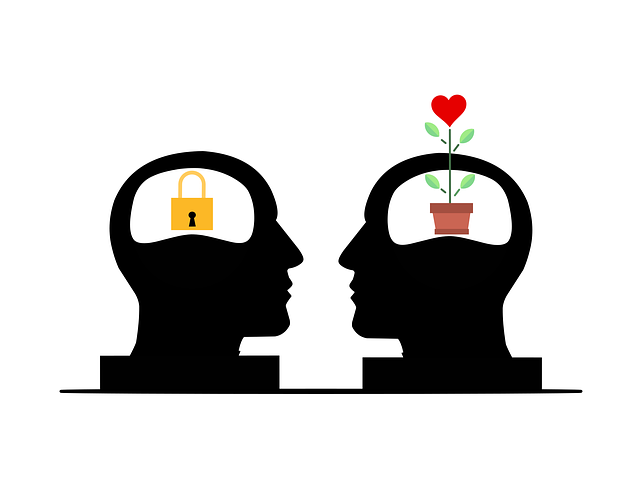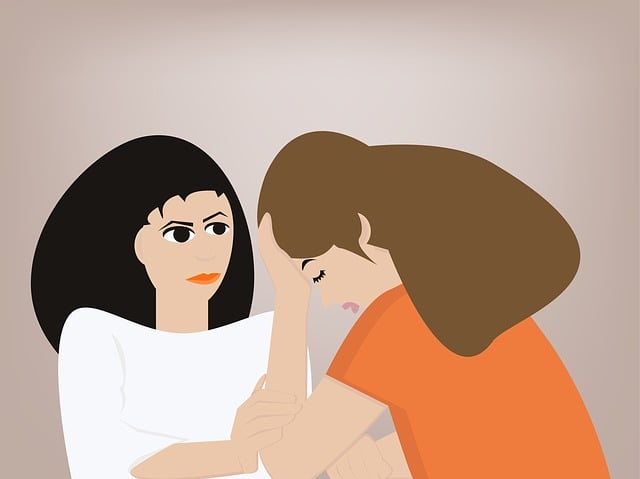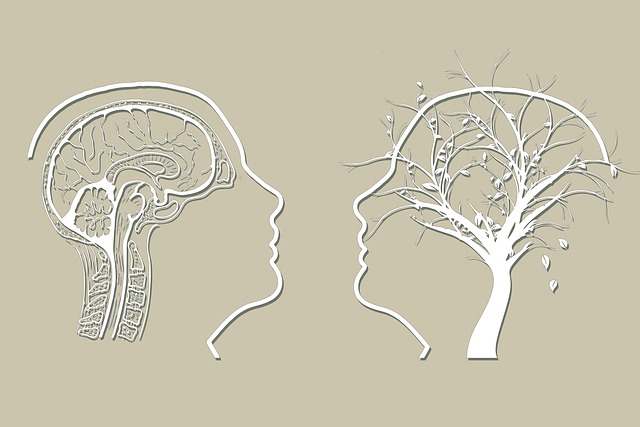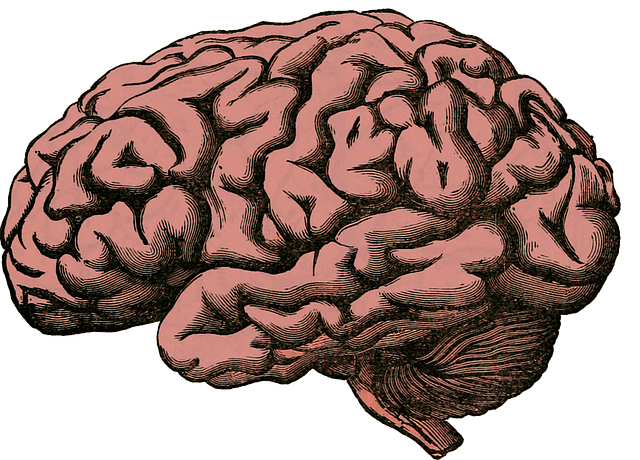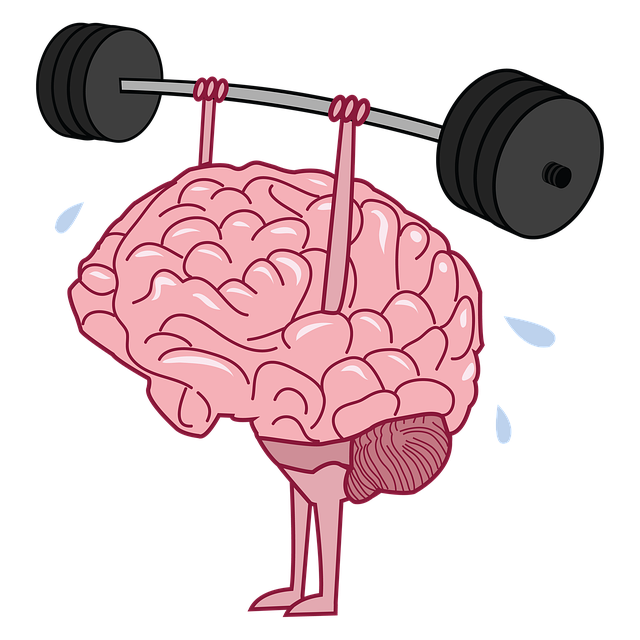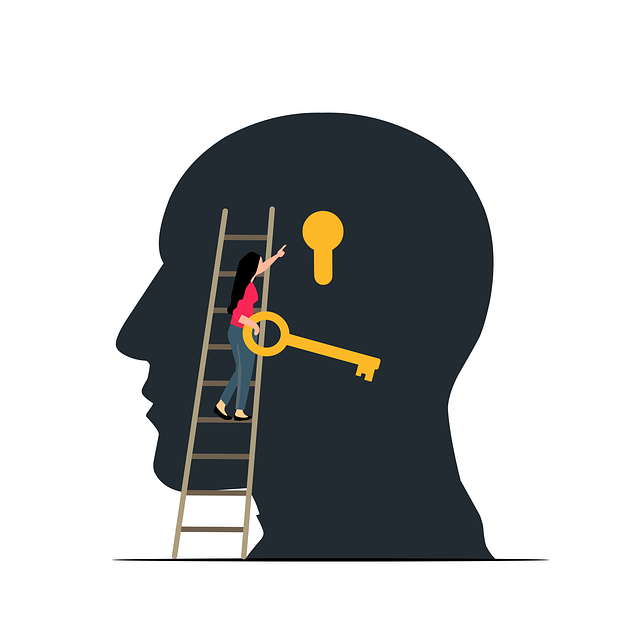Lone Tree Mental Health Evaluations Therapy emphasizes the vital role of coping skills in navigating life's challenges. Their tailored therapy sessions, community outreach, and mental wellness resources empower individuals with strategies like mindfulness, stress management, conflict resolution, and healthy communication to build resilience and maintain well-being. By integrating these evidence-based practices into daily routines, folks can effectively manage stress, anxiety, and trauma, fostering a more balanced and fulfilling life.
Coping skills are essential tools for navigating life’s challenges and maintaining mental well-being. This comprehensive guide explores effective strategies to enhance your resilience, focusing on understanding coping skills, identifying personal tactics, and leveraging therapy for development. Learn how to incorporate these techniques into daily routines, especially through Lone Tree Mental Health Evaluations, offering personalized journeys towards improved emotional health. Discover the power of self-care and professional support in fostering a more balanced and resilient mindset.
- Understanding Coping Skills and Their Importance
- Identifying Personal Coping Strategies
- The Role of Therapy in Developing Effective Coping Skills
- Incorporating Coping Techniques into Daily Life
- Lone Tree Mental Health Evaluations: Navigating Your Journey
Understanding Coping Skills and Their Importance

Coping skills are the strategies we use to navigate life’s challenges and maintain our well-being. They’re like a toolkit that helps us manage stress, overcome obstacles, and recover from difficult experiences. Effective coping mechanisms can range from simple relaxation techniques to more complex problem-solving strategies, all designed to help individuals feel more in control of their lives.
Developing robust coping skills is especially crucial for those seeking support through Lone Tree Mental Health Evaluations and Therapy. In the face of mental health challenges, having a strong coping arsenal can significantly contribute to recovery. The Community Outreach Program Implementation often emphasizes the importance of these skills, providing guidance on Crisis Intervention as a means to empower individuals to handle crises effectively. Moreover, fostering healthy coping habits is an integral part of raising Mental Health Awareness, enabling people to lead fulfilling lives despite life’s ups and downs.
Identifying Personal Coping Strategies

Identifying Personal Coping Strategies is a vital step on the path to enhancing mental well-being and building resilience. This process involves introspecting to uncover unique methods that resonate with individual needs. For those seeking support, Lone Tree Mental Health Evaluations can be a game-changer, offering therapy sessions tailored to foster effective coping mechanisms. Through professional guidance, individuals learn to navigate life’s challenges by employing strategies such as mindfulness, stress management techniques, and healthy communication skills, all of which are crucial in the context of healthcare, especially for burnout prevention strategies among providers.
In addition to these personal growth tools, conflict resolution techniques play a significant role in building resilience. Learning to manage interpersonal conflicts constructively contributes to overall mental health and can be particularly beneficial for healthcare professionals. By integrating various coping mechanisms, from self-care practices to effective communication, individuals enhance their ability to withstand stress, overcome obstacles, and maintain a sense of balance, thereby fostering a more sustainable and fulfilling life.
The Role of Therapy in Developing Effective Coping Skills

Therapy plays a pivotal role in developing effective coping skills, offering individuals a safe and supportive space to explore their emotions and gain insights into their thought patterns. Through Lone Tree Mental Health Evaluations, therapy provides a structured framework for understanding and managing stress, anxiety, or trauma. Skilled therapists employ various techniques tailored to the client’s unique needs, fostering self-awareness and empowering them with healthy coping mechanisms. This process involves identifying triggers, learning relaxation strategies, and developing positive self-talk, all of which contribute to enhanced mental wellness.
Public awareness campaigns and crisis intervention guidance often underscore the importance of early therapy as a preventive measure. By addressing underlying issues and teaching effective coping skills, therapy can help individuals navigate challenging situations with resilience. This proactive approach not only reduces the risk of future mental health crises but also promotes overall well-being, ensuring that people are equipped to handle life’s stressors in healthy and constructive ways.
Incorporating Coping Techniques into Daily Life

Incorporating coping techniques into daily life is a crucial step in enhancing mental well-being, as advocated by Lone Tree Mental Health Evaluations and Therapy professionals. Effective strategies such as mindfulness meditation, deep breathing exercises, and progressive muscle relaxation can be easily integrated into routines to manage stress and anxiety. For instance, setting aside just 10 minutes each morning for a mindful walk or engaging in simple stretches before bed can significantly reduce feelings of burnout prevention.
Communication strategies play a vital role too. Expressing emotions openly and assertively boosts confidence and strengthens relationships. The support gained from social connections further reinforces positive coping mechanisms, making daily life more manageable. By combining these techniques with professional guidance, individuals can create a personalized toolkit to navigate challenges effectively, fostering resilience and overall mental health.
Lone Tree Mental Health Evaluations: Navigating Your Journey

Navigating your mental health journey with Lone Tree Mental Health Evaluations offers a transformative path to healing and growth. Our dedicated team provides comprehensive therapy services, tailored to address individual needs. Through evidence-based practices, we facilitate emotional well-being promotion techniques, empowering individuals to manage stress, anxiety, and other mental health challenges effectively.
Beyond in-person sessions, Lone Tree Mental Health Evaluations also offers innovative solutions like our Community Outreach Program Implementation and engaging Mental Wellness Podcast Series Production. These initiatives aim to destigmatize mental health conversations while providing accessible resources for all. Embrace your journey towards a balanced and fulfilling life with our supportive network.
Coping skills development is a transformative journey, especially with the support of Lone Tree Mental Health Evaluations and therapy. By understanding your personal coping strategies and incorporating effective techniques into daily life, you can navigate challenges with resilience. Lone Tree Mental Health Evaluations guide individuals through this process, offering tailored guidance and resources to enhance overall well-being. With the right tools and mindset, anyone can embrace a more balanced and fulfilling life.


